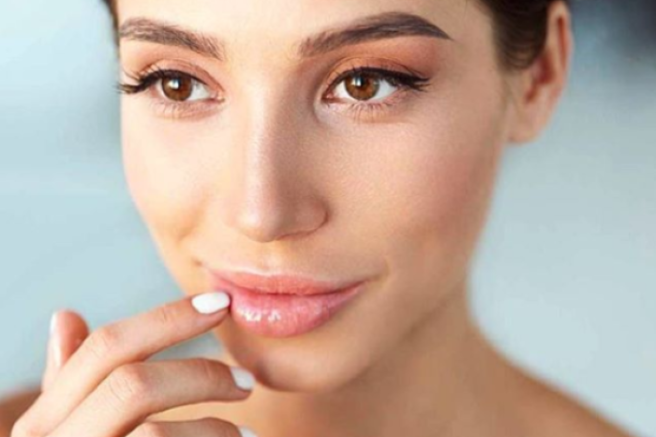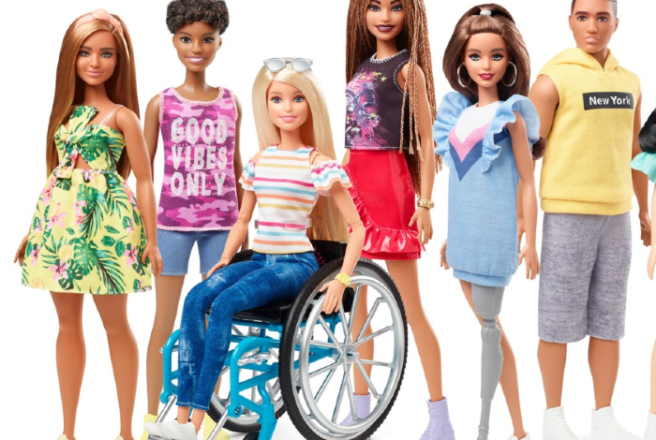
Lip filler ad is banned for ‘encouraging’ women to get surgery
An advert for lip fillers created by The Royal Tunbridge Wells Skin Clinic (RTWSkin) has been banned for supposedly encouraging young girls "irresponsibly" to get the cosmetic procedure.
The Advertising Standards Authority (ASA) suggest that the ad insinuated that getting lip fillers are now "commonplace as getting your hair done", according to The Independent.
The advert, ran in Index Magazine, was targeted at young women and has been removed for normalising and presenting the cosmetic procedure as safe.
The ad read "Is your daughter taking an interest in lip fillers?" and claimed that the procedure was as common as a haircut.
RTWSkin director John Sheffield stated his surprise at the decision of the ASA to ban the advert; "I'm shocked at the attitude and conclusions". The ad drew complaints in October when it initially ran.
It stated: "Dermal fillers are very quickly becoming as commonplace as getting your hair done these days and even more so within the younger age group." It also wrote that mothers often bring their daughters in for the fillers.

It implied that parents are searching to "find somewhere safe and suitable" for their children's treatment, instead of saying no and pushing their daughters or sons to "go behind their backs, blindly searching for the cheapest practitioner without realising the risks".
According to the ASA, the ad made the impression that risks of lip fillers were associated only with unsuitable practitioners, and failed to illustrate the common risks of the surgery even with an experienced surgeon.
It added: "By presenting lip fillers as normal and safe… and something that responsible parents should support, the ad was irresponsible."
RTWSkin are claiming that a 20-year-old staff member wrote the ad, so was consulted about young women and their desire for altering their image.
Mr Sheffield said "many" young women and men attended the free consultation as a result of the ad, and about 30 percent of these people went for treatment.
"In the vast majority of cases, we were able to satisfy the person that they did not need this procedure."
"We have received several commendations for our efforts to educate and were really quite shocked at the attitude and conclusions of the ASA."













